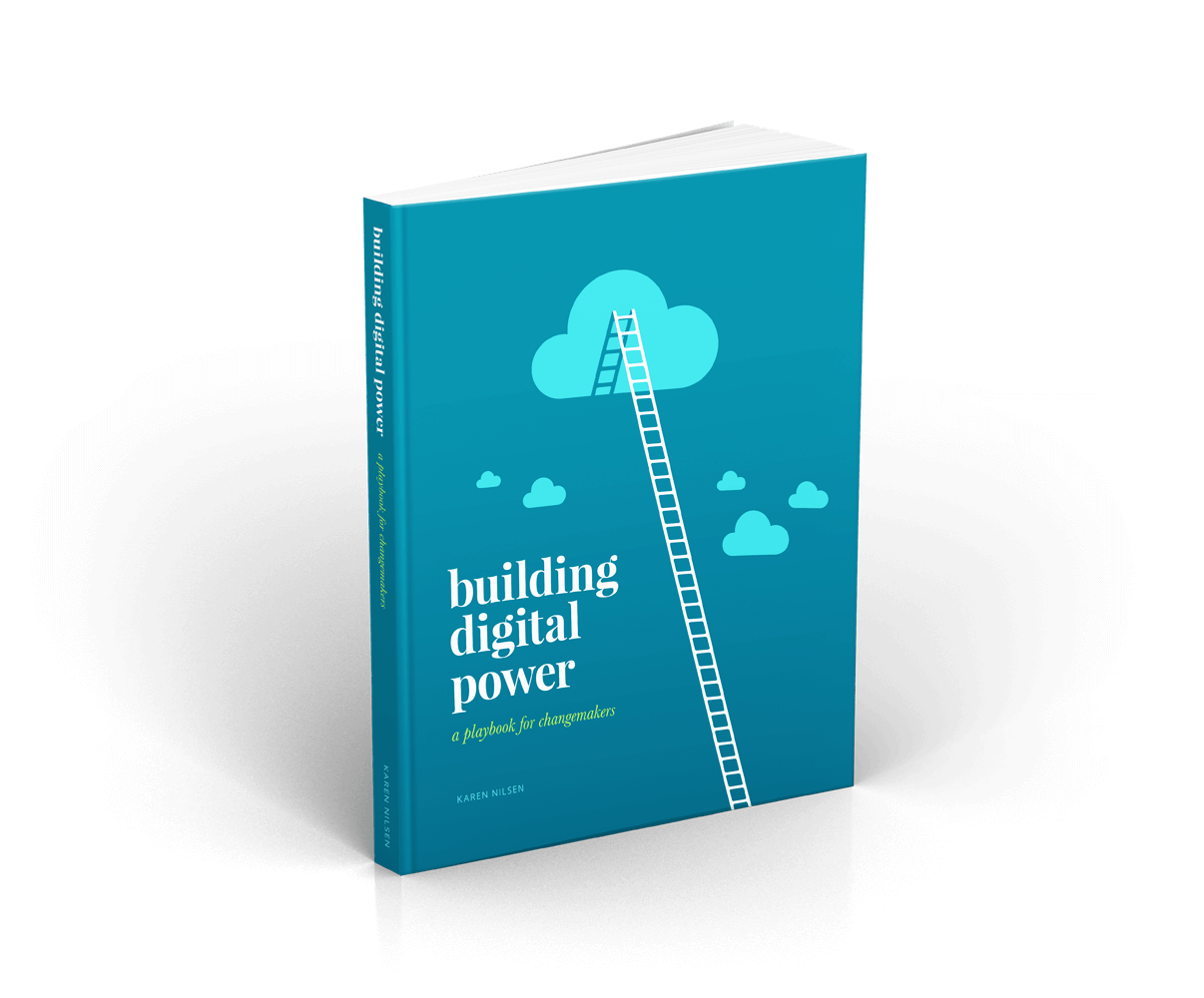Get a free digital strategy tip of the week:
Unsubscribe any time. We respect your data. View the privacy policy.
The moment after someone completes an online action presents a critical opportunity. A well-crafted thank-you email will help cement this action as a
Not every email you send will find its way into an inbox. Optimal deliverability is needed to give your emails a fighting
What if you could say the right thing, to the right person, at the right time (while you sleep)? The future of communications
Think of digital pipelines as pathways that lead your supporters down progressively deeper levels of engagement. Without designing your pipelines intentionally, your supporters
Is email dead? Here’s what the data says... Some people question the relevance of emails in 2026. They ask, “Can’t we just rely
If your action email has one job—to get your supporter to click through to a destination—then what’s the quickest way to get
Every time you email your supporter, you’re doing much more than delivering a message. You’re cultivating a relationship. If
Consider the moment before your supporter decides whether to open your email. They must sacrifice something in order to give you their attention.
A ‘hero’ image is one that carries the most visual weight in your layout. Usually accompanying your headline, this is the image
Of all the ‘rules’ out there for writing page headlines, this is the most transformative. If your headline sits on a petition
Most email broadcast systems come packed with standard analytics. Just to be clear, here’s what we care about: Recipient volume This is the
Think of a radio tower. Broadcast signals beaming far and wide. Most people think about email broadcasts this way. Please don’t think
As changemakers, it’s our job to dream up all the ways our supporters can get involved to help our cause or win
Does this sound familiar? Back up your position with facts; the more reasons you can offer, the more persuasive your argument. Right?
The education system taught many of us that long words and complex sentence structures are signs of sophistication. Un-learn this as fast
Why ‘Busting Myths’ Often Backfires
How tempting is it to ‘bust myths’ and confront your opponent’s ridiculous claims head-on!? Hint: very. Proceed with caution—countering false claims can unintentionally reinforce them.
However, if you can reframe the conversation, you get to own it. With a little linguistic gymnastics, you can force your opponent to use your frame.
When live exporters assert that their trade is “not cruel”, what’s the one thing most people think of? That’s right. Cruelty.
Frame Conceded:
“You won’t miss out on protein and iron by eating these plant-based foods!”
“New live export regulations won’t protect animals.”
Frame Owned:
“These plant-based foods are packed with iron and protein!”
“New live export regulations only reinforce cruelty.”
Was this tip useful?


Like this tip? Share it!







